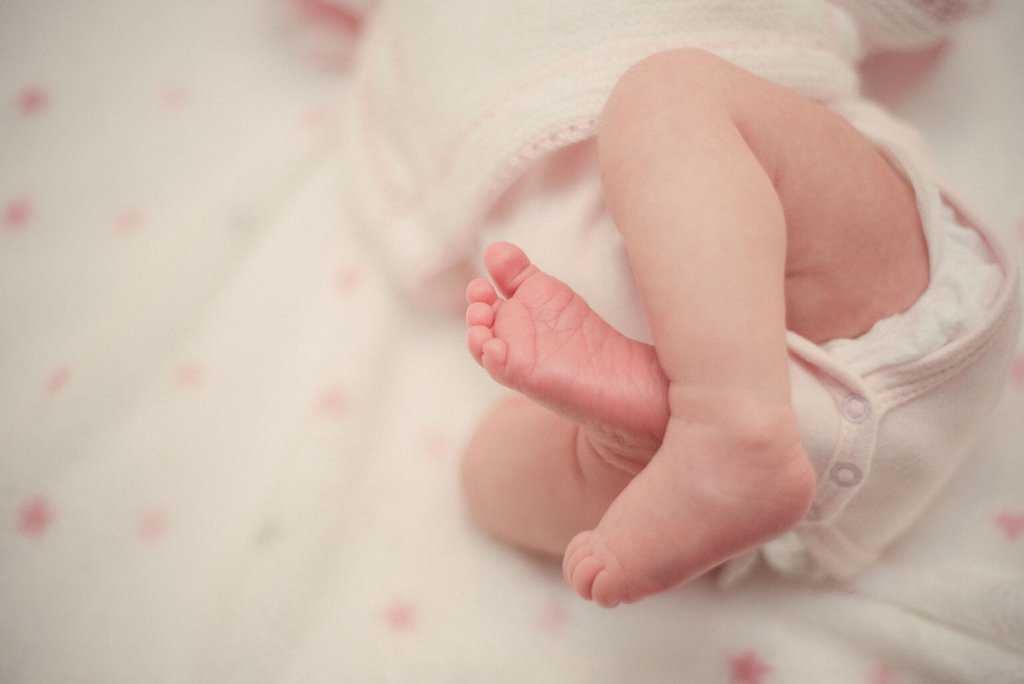The human body is about 70% water and water are essential to the normal working of the body. It lubricates the joints and eyes, aids digestion, flushes out waste and toxins, and keeps skin healthy. Even though the body is mainly made up of water, the percentage only has to decrease by a small amount for dehydration to occur.
How to Take Care of Your New Born’s Skin
A baby’s skin is usually silky and smooth and the healthiest skin that medical professionals see. But baby skin is much thinner than that of adults resulting in increased permeability and diminished protection against various harmful substances. Baby skin, with the exception of the area covered by a diaper, does not require as much cleansing as adult skin. Only mild, acidic skin cleansing products should be used. Fragrance-free mild cleansing lotions with moisturizing additives are recommended as well as oils for very dry skin. It is best to apply oil after the bath when the skin has already been dried. All skincare products for babies should be free of irritants or allergens.
Babies can be at the most risk from damage to their skin, this damage can even lead to wrinkles on the baby’s skin. This is why it is so important to protect babies from the sun with the appropriate clothing, hats, and sunscreen as well as limiting their exposure to the sun during its most intense hours – usually between 10 am and 4 pm.
With new babies, their skin is not fully developed and can easily be dried out. This makes it more sensitive so that extra care is needed particularly when choosing baby products, clothes, at bath times, and when out in the sun. Sensitive skin should not be confused with an allergy. Some babies’ skin will feel itchy or uncomfortable when wool is placed next to them but this is not because the skin is allergic to the wool but rather that the skin is sensitive to the pricking effect of the wool fibers. A fabric conditioner can help here but it should be hypoallergenic and dermatologically tested.
Babies and Eczema
Eczema symptoms can often occur in infancy. Almost 30% of all newborn babies carry the risk of developing the condition. These symptoms include cracks behind the ears and dryness and itchiness on the elbows, backs of the knees, cheeks, and sometimes other areas of the body. This must be treated and moisturized as babies will want to scratch or even find relief by aggressively rubbing against the mattress or any other hard surface. Nails should be kept short and cotton mittens are worn while the treatment is healing. Make sure the baby is not too warm at night. Fortunately, 75% of children grow out of eczema before they reach their mid-teens. From heat rash and dry skin to cradle cap and eczema, a baby’s skin is sensitive and needs careful attention and care.
